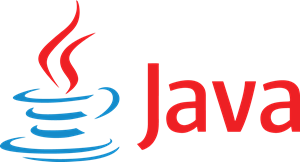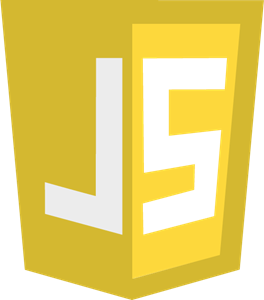Some time ago, I came across a super popular TED YouTube video about the Good Country index that established Ireland as the best country.
That got me thinking “how does one measure this in terms of programming languages?”
When I thought deeper, I got more confused. The parameters that establish a country’s greatness cannot be applied to a programming language, for two reasons:
• WA programming language is a tool created by technology, which is the child of science. It is far from a community bound by culture, language, and race that we identify as a country.
• A programming language is merely a tool to communicate one’s ideas to the machine and fellow programmers. It has no do-good sense of its own.
TOP 5 PROGRAMMING LANGUAGES

1.C/C++
C is a general-purpose, procedural computer programming language.
A student of computer science has read the above statement at least 100 times if his learning has gone through academic programming courses. Every time, a new meaning emerges from it.
C is quite hard to define, and e̵̵̵v̵̵̵e̵̵̵n̵̵̵ ̵-̵h̵̵̵a̵̵̵r̵̵̵d̵̵̵e̵̵̵r̵̵̵ impossible to replace.
C was a project led by Dennis Ritchie (alongside Ken Thompson), who was working in Bell Labs during 1972–73. His aim was to create applications for its Unix OS and also rewrite some of its kernel.

2. Java
My first language of coding was Pascal, which was slapped on me by the college. I abandoned it past the curriculum. I wanted to be an expert C programmer during college, but my efforts were short-lived due to a steep learning curve.
The main limitation was the toolchain: I could not afford MS Visual Studio to write C programs. The only available Borland C IDE wasn’t very helpful amidst the darker woods filled with pointers and zombies. Internet was around but wasn’t affordable to troubleshoot every compilation error.
JRE that came with J2SE 1.2 was the first language runtime I installed on my PC powered by Intel Celeron. With Java’s legible OOP constructs minus the pointer memory management, I quickly adopted it to make my first desktop project: a mouse pointer-based 2D shooter that ran on a Java applet.
Soon after I was hired, I developed a web scraper, followed by a socket-based chat room — both using Java. None of them required more than two Java files, with less than 100 LOC each.

3. JavaScript
Originally created by Netscape, JavaScript has been the de facto client-side scripting language of the web since its foundation.
Initially strangled due to the Internet Explorer monopoly by Microsoft (who released its doppelgänger, JScript), JavaScript kept getting supported by open source communities. During the 2000 decade, Ajax and jQuery kept the web development flame burning with the help of JavaScript, while ECMA International kept standardizing it along with players like Mozilla and Google.
It attained stabilized status past Chrome’s V8 release in 2008. After this, much of the developer resistance died. Soon, ECMAScript 5 release (2009) solidified that position.

4. Python
The 20th century got electricity. The 21st century got AI.
Python is the most readable language today. Being also a fairly high-level language, it enables newbie programmers to write applications in minutes.
Existing since the 90s, during the time of some of the most radical shifts in programming paradigms, it has consistently ranked among the top 5 most popular languages throughout the last two decades.

5. PHP
When the web was emerging in the 90s, newbie coders got crazy around learning HTML. To obtain geeky status, all you had to do was:
• Type faster
• Know a few HTML tags
HTML knowers identified themselves as rock stars. The web was exploding with portfolio websites, whose owners thought of the web as merely a marketing outlet for their brick and mortar businesses.
Rasmus, along with Andi Gutman and Zeev Suraski created PHP (an acronym for Personal Home Page, renamed to PHP: Hypertext Preprocessor) to solve this problem.
PHP also allowed C programs to run as dynamic extensions, which partly solved the performance problem. Facebook’s application server was written in PHP.
What am I missing here? Let me know in the comments and I'll add it in!"

